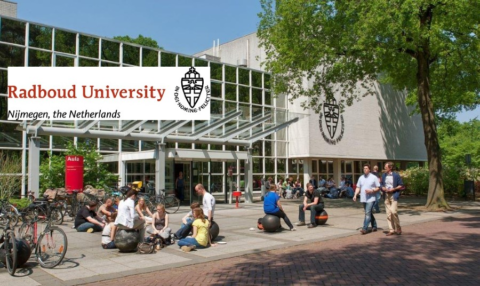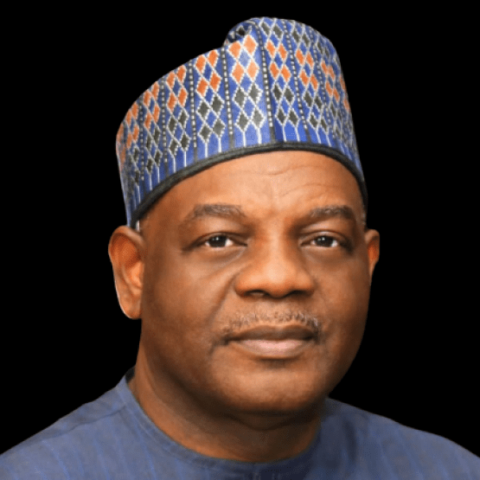The Federal Government has announced that the implementation of a revised curriculum for basic, secondary, and technical education will begin with the 2025/2026 academic session.
This was confirmed by the Director of Press at the Ministry of Education, Folasade Boriowo, in an interview in Abuja on Saturday.
In an earlier statement dated August 31, the Minister of State for Education, Prof. Suwaiba Ahmad, disclosed that the government had concluded a comprehensive review of the national curriculum across all levels of schooling. The reform, she explained, is aimed at making Nigerian learners more “future-ready” by addressing content overload, enhancing learning outcomes, and equipping students with skills relevant to today’s global demands.
According to the framework, pupils in Primary 1–3 will take between nine and 10 subjects, while those in Primary 4–6 will offer 10 to 12 subjects. At the junior secondary level, students may enroll in 12 to 14 subjects. For senior secondary schools, the range will be eight to nine subjects, while technical schools will cover nine to 11 subjects.
Boriowo confirmed that all necessary preparations have been made to ensure a smooth rollout. “This 2025/26. All necessary arrangements have been put in place for easy take-off of the policy,” she stated.
Under the new curriculum, senior secondary students will be introduced to additional fields such as programming, artificial intelligence, data science, and cybersecurity, alongside existing core subjects. Project-based learning has also been included to promote practical application, creativity, and innovation.
Officials emphasized that the review aligns Nigeria’s education system with global best practices, while responding to calls from industry stakeholders for graduates with stronger competencies in technology, enterprise, and problem-solving.
The government further noted that the curriculum rollout will involve teacher training, provision of learning resources, and collaboration with private sector partners to strengthen infrastructure for digital education.





